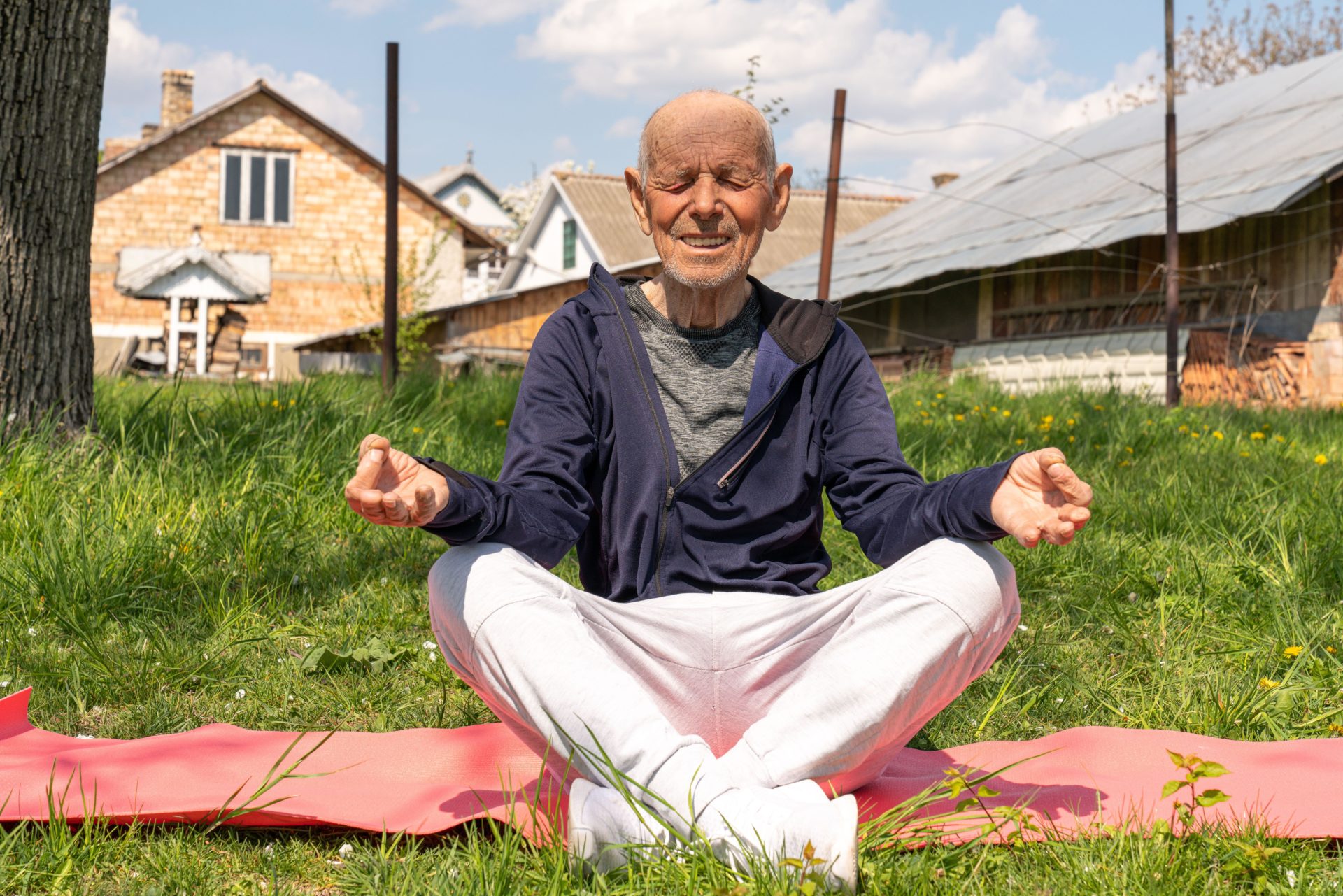The ‘u-bend of happiness’ describes the phenomenon where people are happiest in their early and late life, and unhappiest in the middle.
Research examining happiness levels in people across 72 countries found that people are generally happiest in their early 20's and 70's, and the least happy in their 40's and 50's.
When plotted out, these happiness levels form the shape of a u-bend.
On this week’s Show Me The Science Podcast, Luke O’Neill said certain milestones in life can cause more stress than others.
“Stress levels begin to rise in your 20’s - and you’re getting more and more stressed,” he said.
“Now, it’s obvious why that might be – you might have kids and that can be stressful, you might be having hassle in the workplace, whatever it may be, you might have ageing parents.
“So, various reasons stress goes up as you progress through your 30's and 40's.”
Economics
Prof O’Neill said that while money was a factor in determining happiness, but only up to a certain point.
Those earning €80,000 a year were more content than those earning less – but earning more than this number didn’t have much of a difference on happiness levels.
The idea that older people could be happy because they have more money has been examined, but according to Prof O’Neill, this is not the case.
“The bottom line from the analysis as to explain it was the main reasons why as you get older you begin to become more content are to do with what they call internal circumstances,” he said.
“What they’ve shown is, as you get older, you get less angry about things.
 Elderly man sitting in lotus position on yoga mat in the backyard. Image: Vasyl Nagernyak / Alamy. 24 April 2020
Elderly man sitting in lotus position on yoga mat in the backyard. Image: Vasyl Nagernyak / Alamy. 24 April 2020“There’s a famous stereotype of the grumpy old man – and on average, that’s not true.
“There are some grumpy old men, of course, but on average you don’t get grumpier as you get older.
“The second thing is older people are better at coming up with solutions to problems – they’re especially better at handling interpersonal arguments, and they can handle when things go wrong a bit better because they’ve got experience.”
Health benefits
Prof O’Neill said that older people are also less concerned with improving themselves or their circumstances and therefore are more likely to be content in their life.
“That may give rise to a better level of contentment as well,” he said.
“What’s also the case is it’s important for our overall health - and there’s a theory as well that it’s sort of evolutionary in a way, because as you get older, your body does start to fail.
“Your immune system gets less active for example ... but you’re kind of countering that by being more content.”
Prof O’Neill said that apart from age, personality and gender can also play a major factor in a person’s happiness.
Listen back here:
Main image: Split image with Luke O'Neill in the Newstalk studio (L) and an elderly person doing yoga (R).









